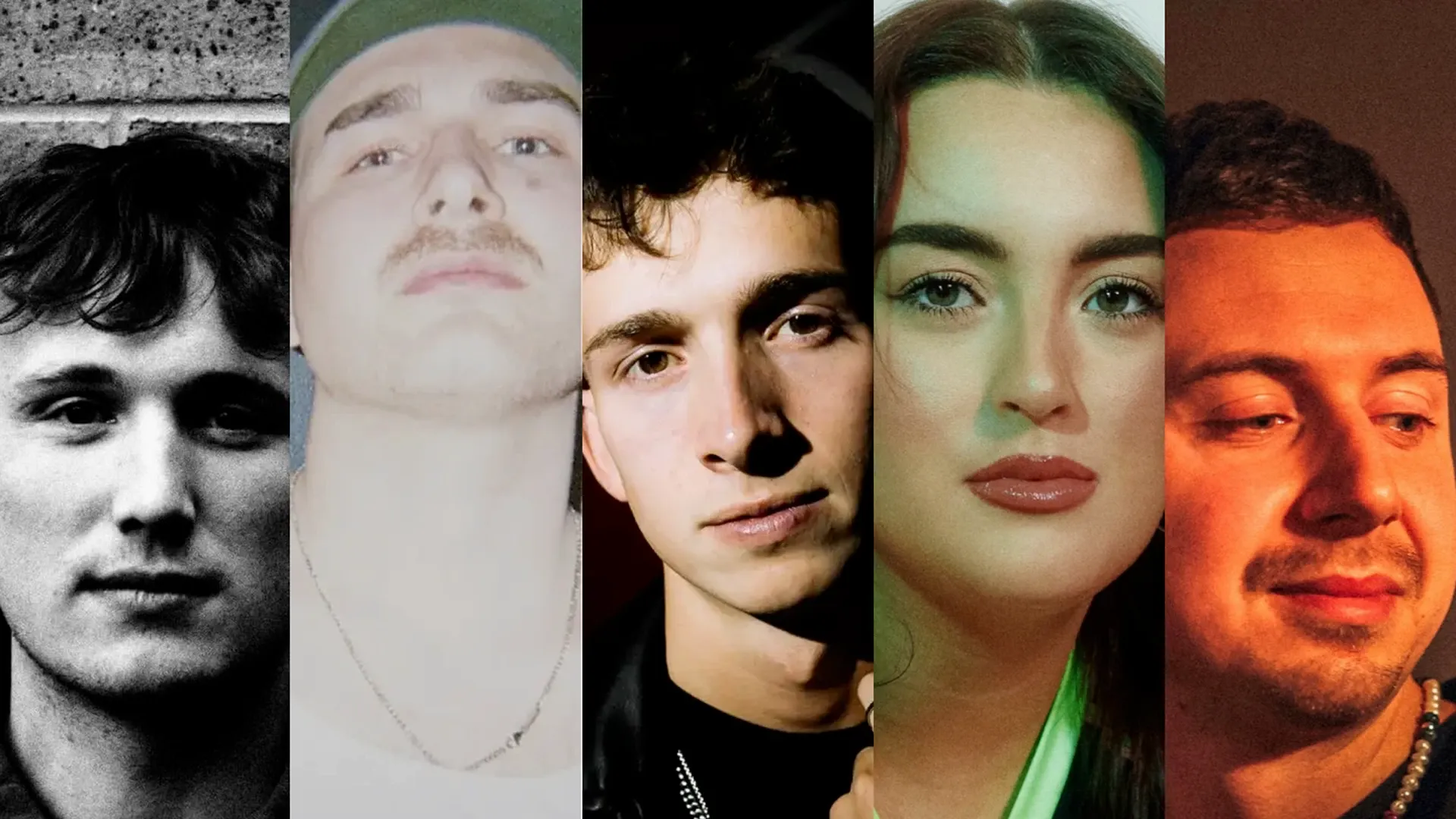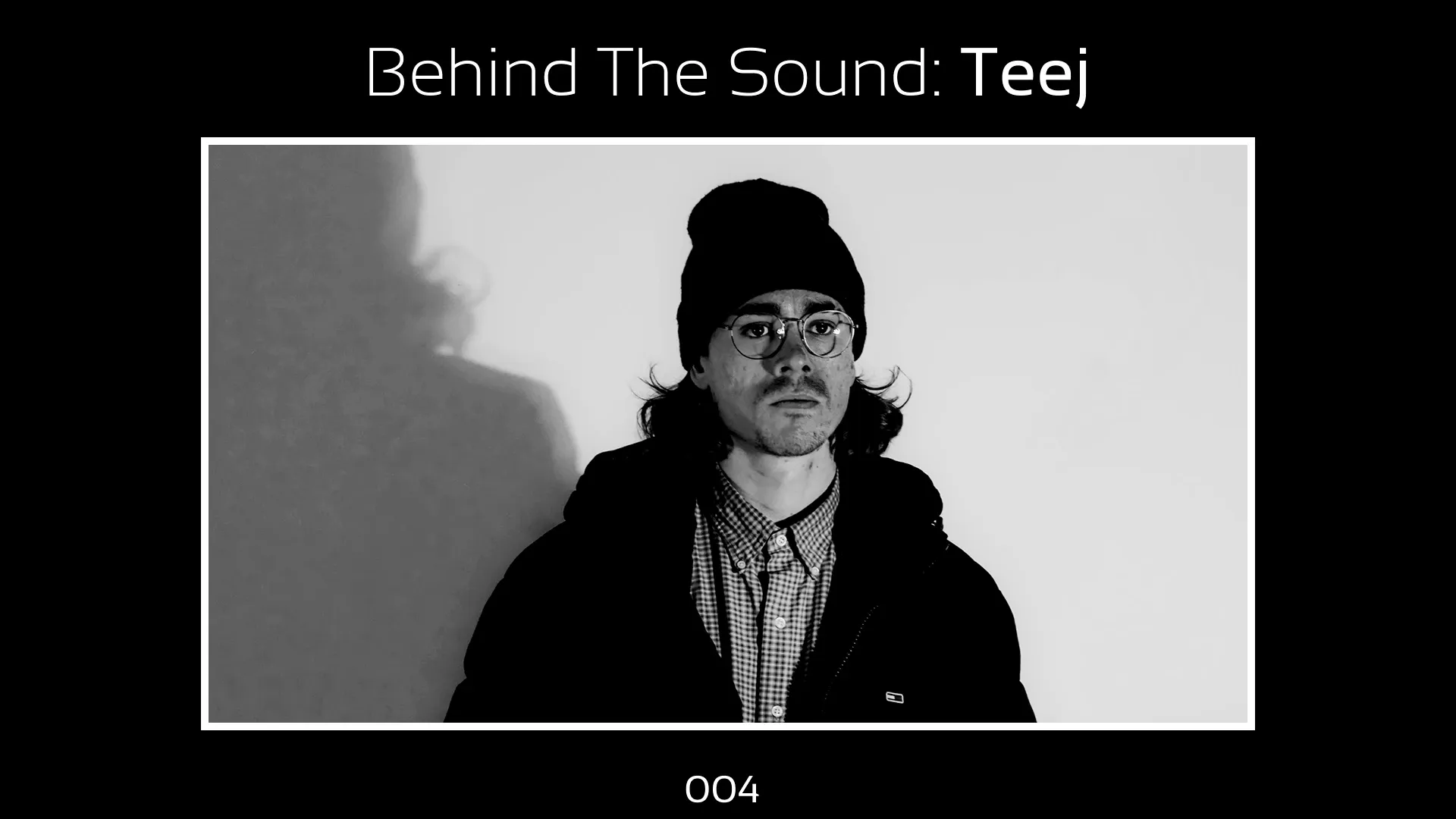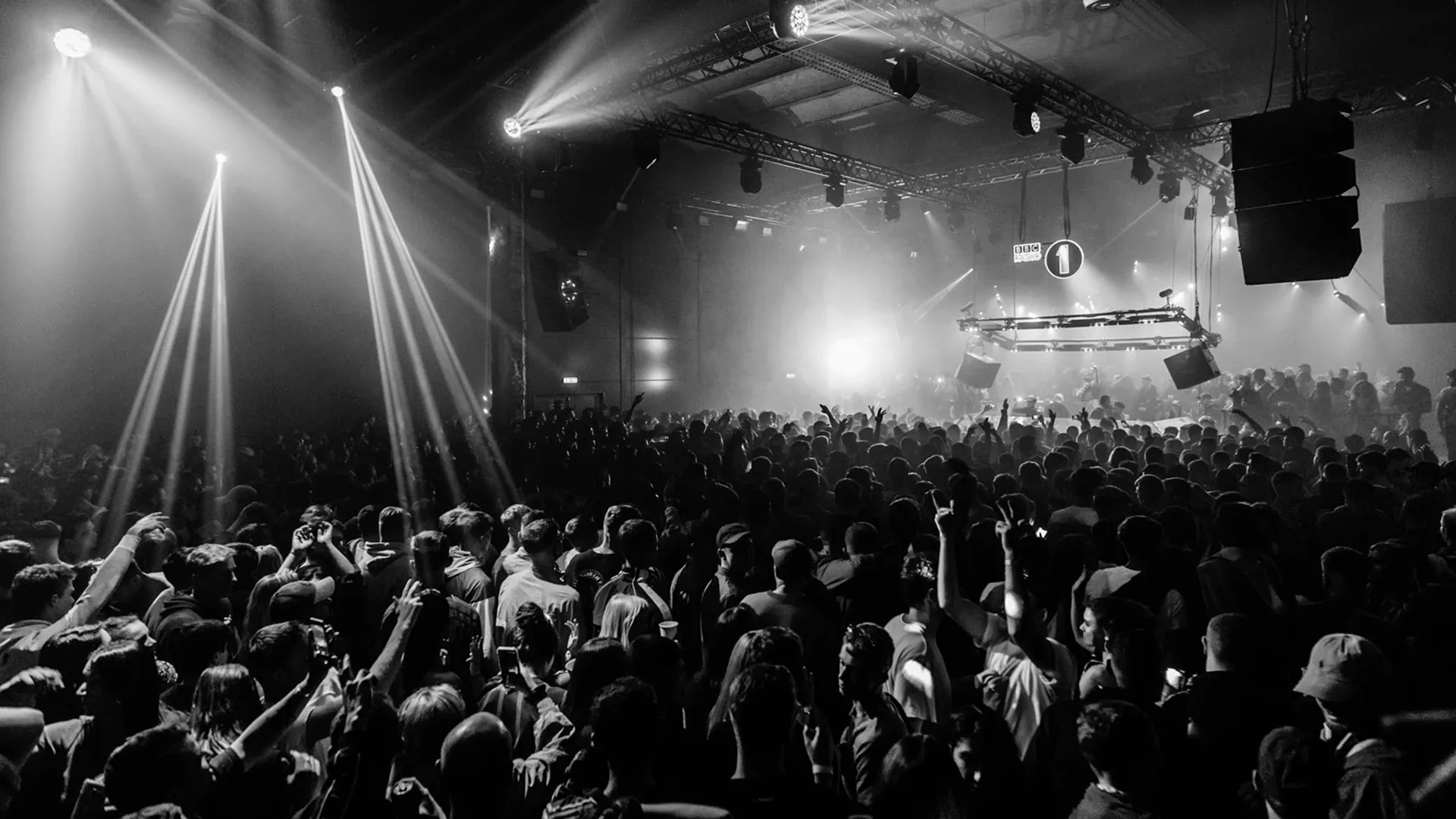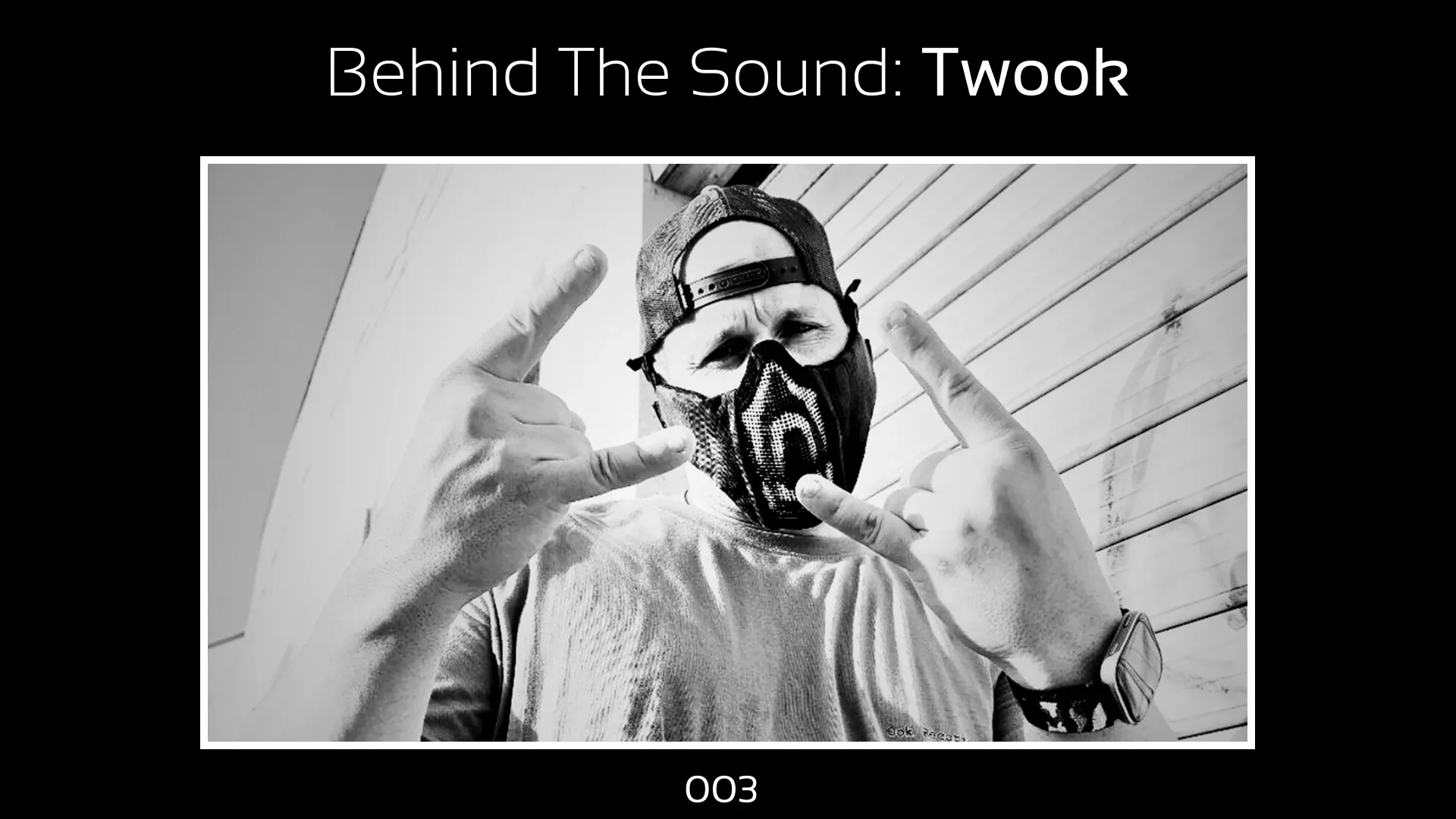How AI Is Changing DJ Sets and Electronic Music Production in 2025
Explore how Producers and DJs are using AI and generative tools to create, remix, and perform electronic music, while facing new questions about creativity, authenticity, and the future of the dancefloor.
2 minutes read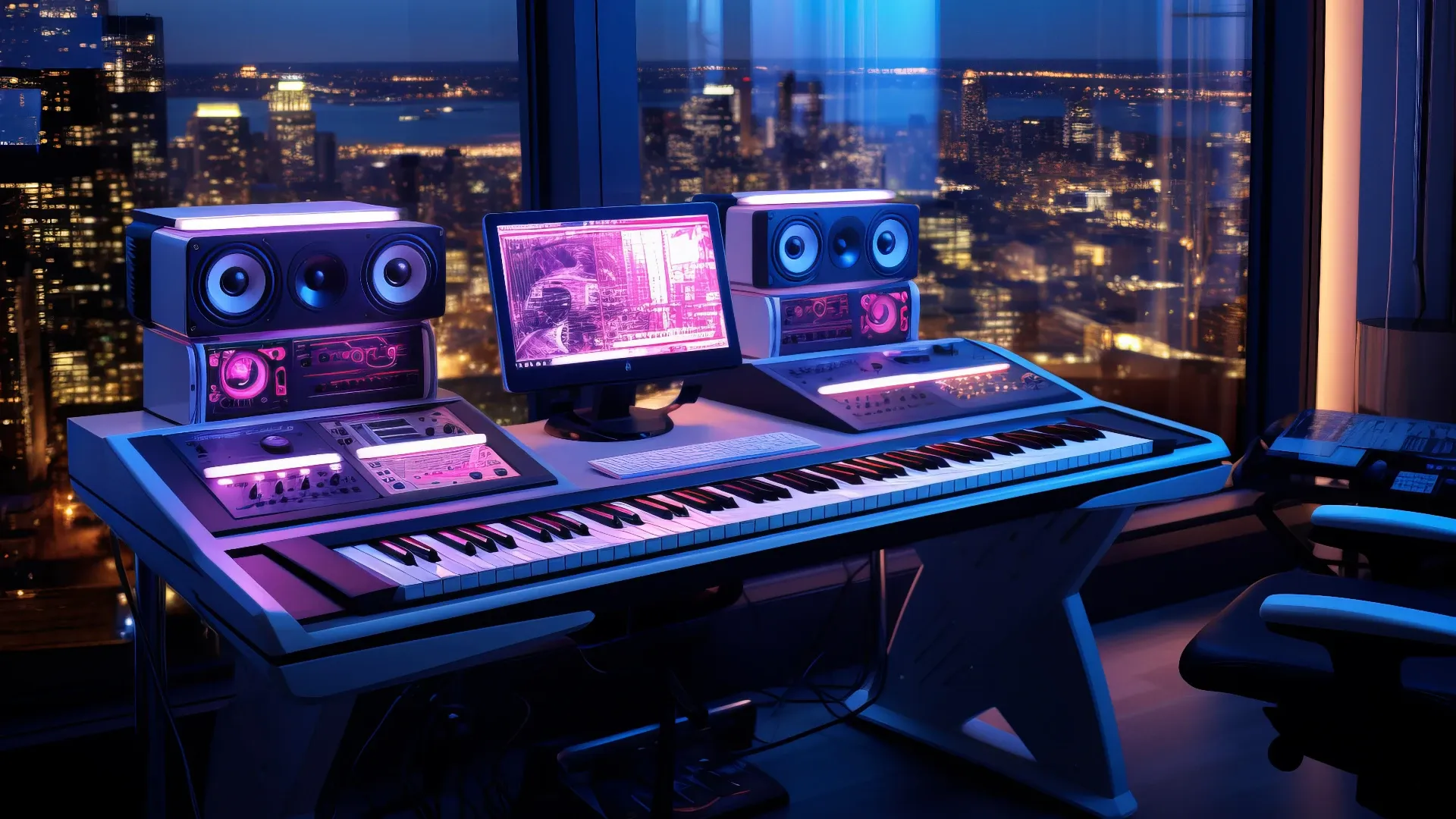
Artificial intelligence is no longer a distant novelty in music production; it's becoming a core tool in how electronic and dance music are being made, performed, and experienced. From generative composition plugins to AI-assisted mastering and live set manipulation, DJs and producers are weaving machine learning into their creative process in ways both promising and controversial.
Generative Plugins and Creative Expansion
Tools like Google Magenta's open-source models, Riffusion, and Ableton's generative MIDI plugins are allowing artists to break past creative blocks and discover new sounds. Producers are using AI to generate melodies, rhythms, or entire stems based on a mood or input prompt, creating unexpected starting points for new tracks. Far from replacing creativity, many see these tools as collaborators or machines that inspire rather than dictate.
AI in Live Sets
DJs are also experimenting with real-time AI to enhance performances. Software like Algoriddim's “Djay Pro” integrates AI-driven stem separation, allowing live remixing. Other artists use AI to modulate visuals, adjust set pacing based on crowd feedback, or trigger generative ambient loops that evolve throughout a performance. In underground scenes, some producers are coding custom AI tools to create reactive, improvisational club sets.
Concerns and Criticism
AI in music is not without its critics. Some worry that relying on generative tools could lead to homogenised sounds, stripping away the unique quirks and imperfections that define human-made music. Others raise ethical concerns about intellectual property and the potential misuse of AI to mimic or plagiarise other artists' styles. There's also apprehension that increased automation might devalue traditional DJ technique or reduce the need for emerging talent.
Additionally, the use of AI raises deeper cultural questions: who gets to program these systems, and whose musical heritage is being sampled and learned from? As AI models are trained on vast datasets, there's the risk of reinforcing existing biases or erasing marginalised musical voices.
What This Means for the Future of Dance Music
AI is enabling new forms of expression and breaking traditional genre barriers. Artists are already releasing hybrid tracks where human and machine contributions blur. As the tools become more accessible, AI may become a regular presence in both mainstream and underground dance music scenes.
However, the rise of AI also demands a careful and critical approach. As the dance music community decides whether to embrace these technologies, ongoing conversations around authorship, transparency, and creative ethics will be essential. AI may not replace DJs, but it is changing the rules, and it's up to artists and audiences alike to decide what that future sounds like.
